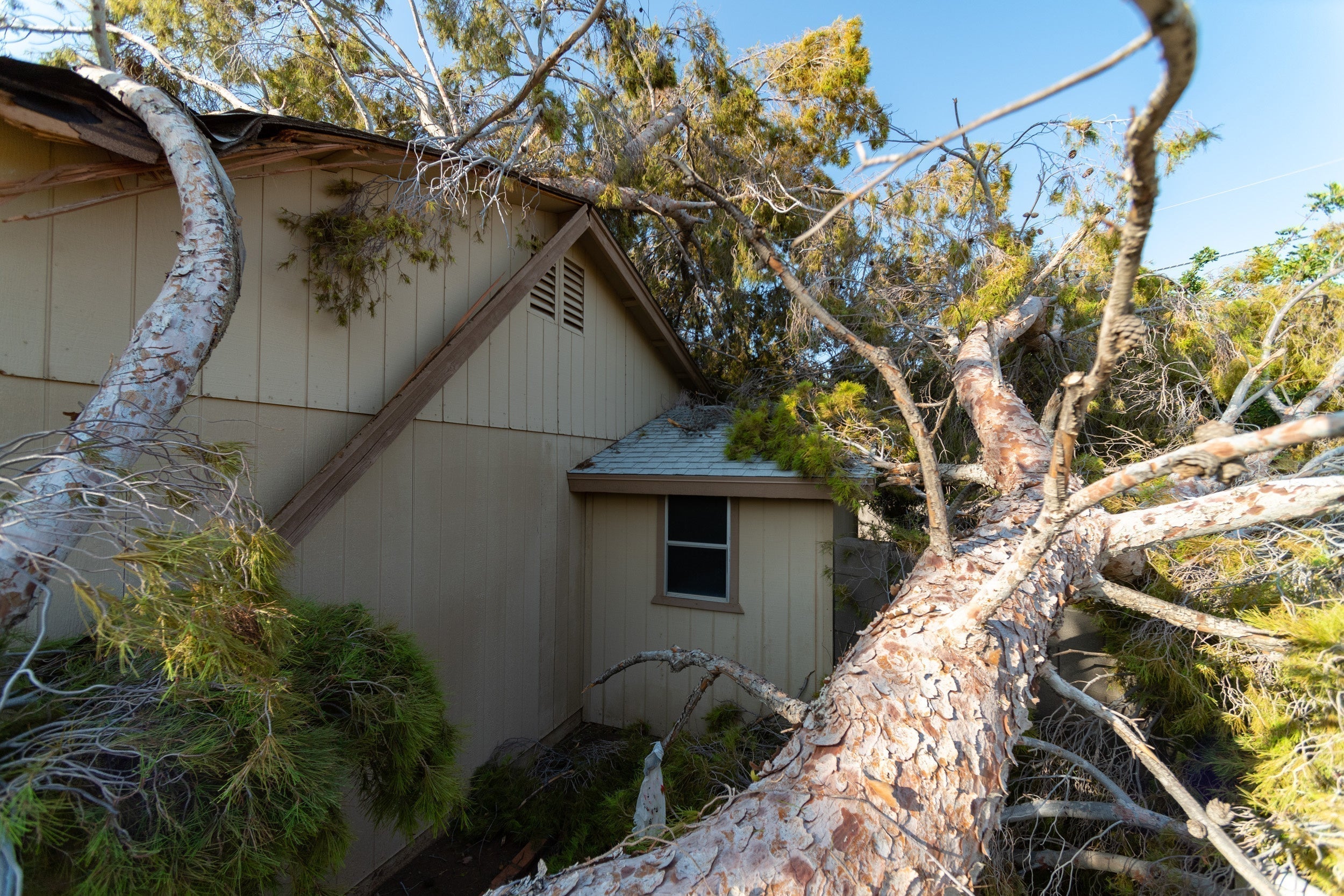- firstaidtraining, floodpreparation, naturaldisasterpreparation, stormfirstaid
- Talia Morris
Be prepared for the unexpected

In the wake of Queensland’s recent Cyclone Alfred, many of us were reminded just how quickly circumstances can change. Natural disasters like cyclones, bushfires, or floods can strike with little warning, and when they do communities often see an immediate rush for emergency supplies. Shelves are emptied, essentials are scarce, and panic sets in. That’s why preparation is not just wise, it’s essential.
At Medilife, we believe that being ready for the unexpected starts with always having the right first aid supplies on hand. Whether you're at home, managing a venue, or running a workplace, ensuring you have an up to date and well stocked first aid kit can make all the difference in a crisis.
The importance of staying stocked year round
Emergencies don’t wait for convenience. Often, by the time warnings are issued, stores are overwhelmed, and vital items such as bandages, food, and medications become hard to find. Having a fully stocked first aid kit means you’re not scrambling at the last minute.
It is recommended to audit your first aid kits every three to six months. Check for expired products, replace any used items, and tailor your kits for specific risks relevant to you. For example, those living in cyclone prone areas should consider adding waterproof medical pouches, high-visibility gear, and backup power sources for devices.
Basics for a First Aid Kit
A good first aid kit should include these basic supplies:
- Adhesive bandages
- Antiseptic wipes and creams
- Sterile gauze pads and adhesive tape
- Emergency blanket
- Scissors and tweezers
- Disposable gloves
- CPR face shield or mask
- Instant cold packs
- Pain relievers and prescribed medications
- Emergency first aid guide
Don’t forget to personalise your kit to your family’s or team’s unique needs, such as allergy medication or essential items for children and pets.
First Aid Training
Being First Aid trained in CPR empowers you to respond quickly when the unexpected happens which fills the gap before help arrives from emergency services. First aid can save the lives of those around you and even yourself whether you’re at home, work in out and about. Being First Aid trained reduces the severity of injuries. Prompt care, rather than no assistance at all, can help prevent a condition from worsening, stabilise injuries, reduce the risk of long term damage or blood loss. Particularly in the face of unexpected storms, medical help may be delayed or hard to access which is why quick and informed action is crucial in these situations.
Preparedness can make all the difference when disaster strikes. Don’t wait for an emergency to realise the importance of being ready as the safety of yourself and others around you could depend on it. Always keep a list of emergency contact numbers readily accessible, no matter where you are. Stay informed, stay equipped and take proactive steps to be prepared today, to safeguard you and your loved ones.